Domestic Revenue Mobilisation for Sustainable Development and the Contribution of IDA-20: The Assessment of Tanzania, Kenya, Uganda and Rwanda
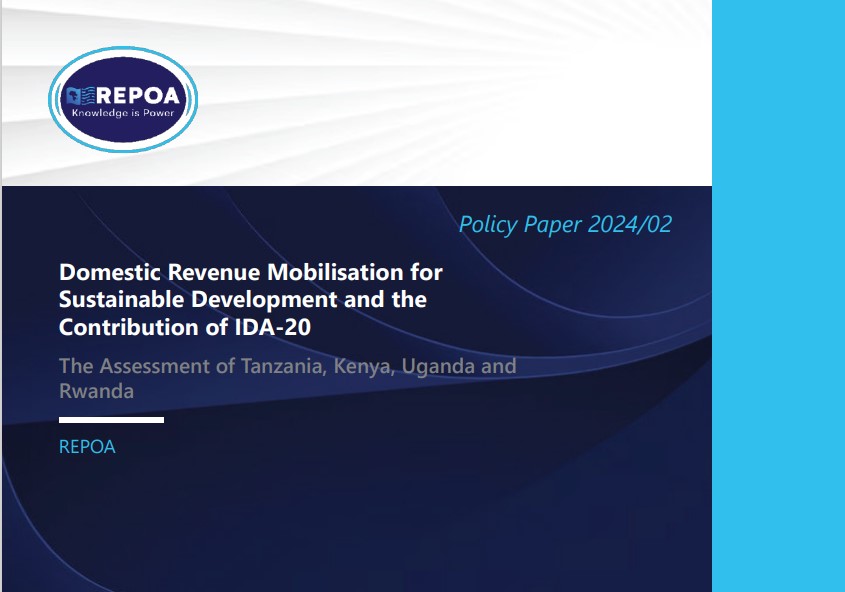
This Policy Paper has analysed the trends and features of domestic resource mobilisation in Tanzania, Kenya, Uganda, and Rwanda. The paper has established that in all four countries, tax yields, a key component of domestic revenue mobilisation, have shown significant improvements overtime. The improvements have been accounted for by tax reform measures that these countries […]
Domestic Revenue Mobilisation for Sustainable Development in Sub-Saharan Africa and the Contribution of IDA-20
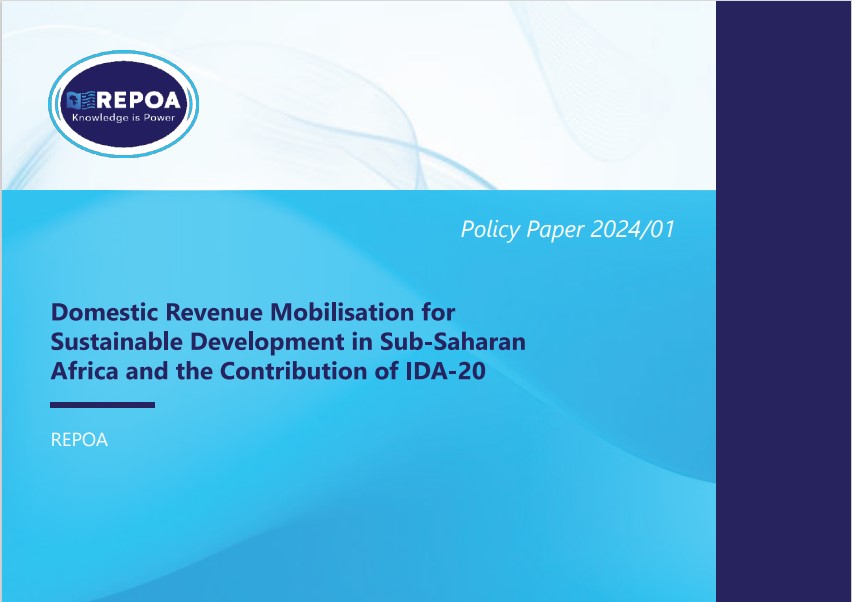
This Policy Paper has analysed trends and features of domestic resource mobilisation in Sub-Saharan Africa. The paper has established that many Sub-Saharan African countries are lagging behind their counterparts in Asia and the Pacific, Latin America and the Caribbean, and the OECD. The average tax-to-GDP ratio in SSA is 16.3%, Asia and Pacific is 19.1%, […]
Domestic Revenue Mobilisation for Sustainable Development in the Four East African Countries
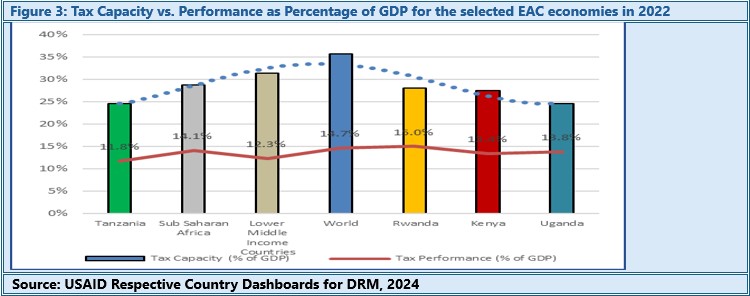
Domestic resource mobilisation (DRM) is essential in allowing countries to own and flexibly chart policies that address their specific development challenges while mitigating the risks of debt distress. East Africa Community (EAC) Countries have put attention on enhancing domestic revenues. While these countries have made progress in their economy growth, only Kenya and Tanzania have […]
Domestic Revenue Mobilisation (DRM) for Sustainable Development in Sub-Saharan Africa and the Contribution of IDA-20
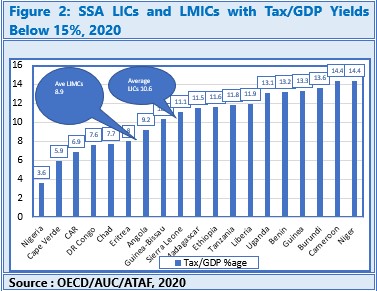
This Policy Brief describes Domestic Revenue Mobilisation (DRM) as — increasing government revenues through taxation and other non-debt income sources— an attribute that allows countries to own and flexibly chart policies that address their specific development challenges, while mitigating the risks of debt distress. Also underscores that countries’ investment in their own public goods and […]
Situational Analysis of Firm Level Productivity and Competitiveness in Tanzania
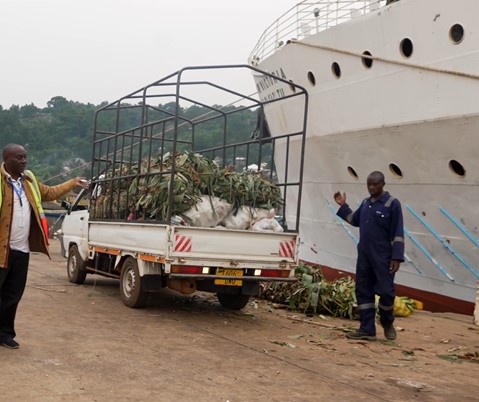
The study aims to provide input needed for policy analysis of key Government policies, strategies and programmes which requires comprehensive data capturing of the entire productive sector of the economy, and for supporting continuous monitoring and evaluation of the dynamic economy. READ ON…!
A Methodological Review of Measures of Productivity and Competitiveness
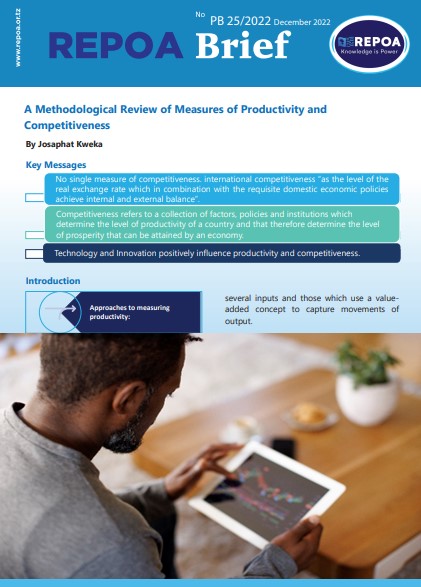
Given data availability, this study uses Value Added Per Worker (VAPW) and Total Factor Productivity (TFP) to measure productivity of the enterprise sector in Tanzania. Nonetheless, the literature provides different approaches to measuring competitiveness including Macroeconomic Approach, Business Strategist Approach and Technology and Innovation Approach. READ ON…!
Effects of Investment and the Business Environment on Firm Productivity in Tanzania
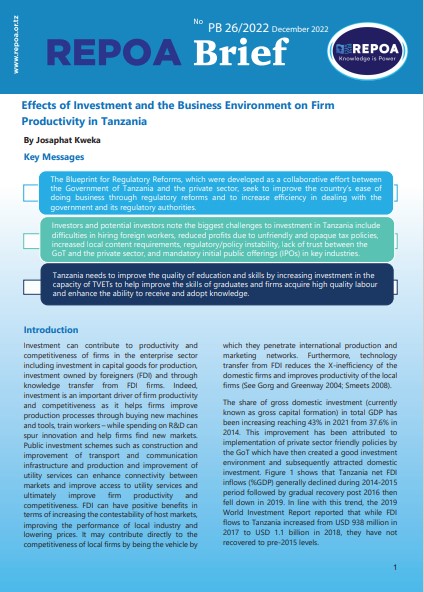
This study examined the effects of investment and the business environment on firm productivity in Tanzania. Read on to find out on the findings and prosed policy recommendations…!
Public Expenditure Review of Education Sector in Tanzania (Primary and Secondary)
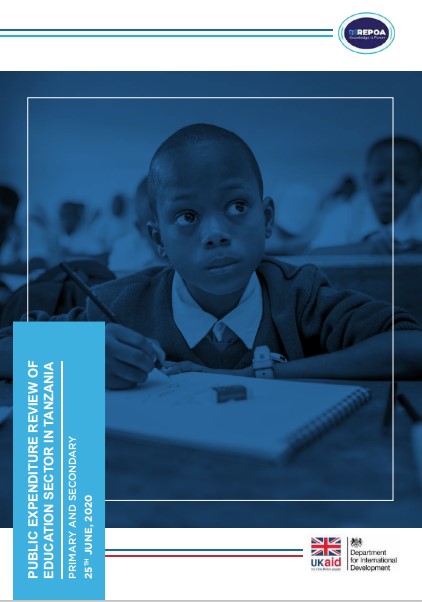
Various studies have confirmed that the provision of quality education depends very much on, among other factors, the amount of budget allocated for education. Thus, the government of Tanzania has committed itself to investing in education by increasing public spending on the education sector with basic education (pre-primary, primary and secondary) receiving the highest proportion […]
Implication of 4th Industrial Revolution on Tax Revenue Collection in Tanzania: A Case of Manufacturing Industries
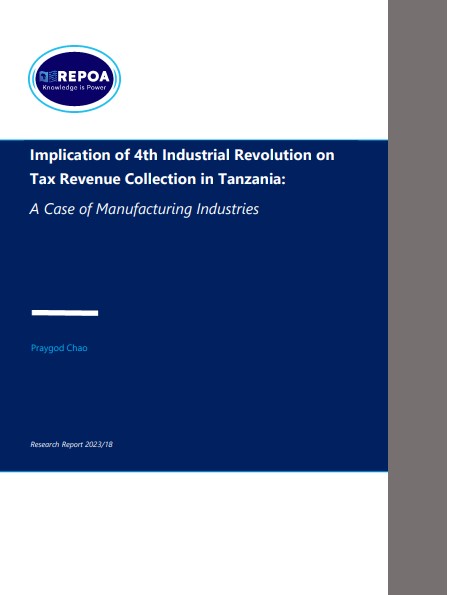
This study assessed the implication of the Fourth Industrial Revolution (4IR) on tax revenue collection in Tanzania. Specifically, the study sets out to establish the causality of investment in 4IR technologies, on manufacturing industries’ Value Added Tax (VAT); determine the influence of investment in 4IR technologies on manufacturing industries’ Corporate Tax and examine the effects […]
The Impact of Recent Policy Developments on Enterprise Development and Competitiveness in Tanzania
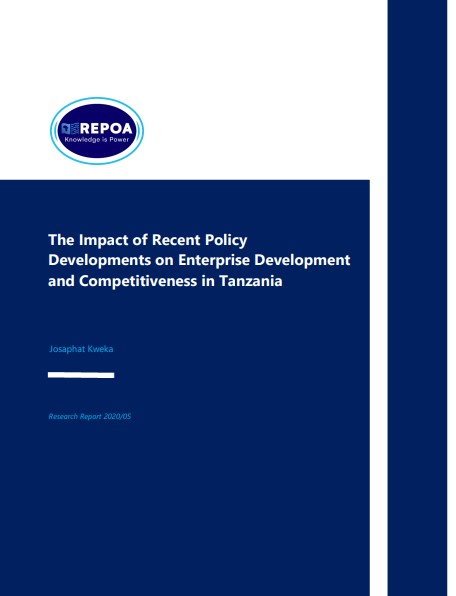
This paper is the output of the second component of a research study on the institutional analysis of the enterprise economy in Tanzania. The overall objective is to examine the implication of policy developments at the global, regional and national level on enterprise development and competitiveness (EDC). Specifically, the paper (a) identifies and analyses policies […]
Analysis of Budget Sustainability in Tanzania
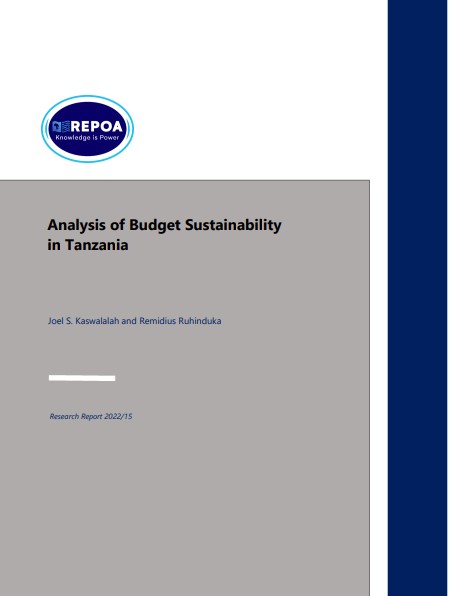
This study seeks to assess and analyse Tanzania’s Government budget and its implementation – and goes on to outline key challenges and best workable recommendations for addressing the challenges identified. The study mainly focuses on a period of the last ten years up to the financial year 2020/2021. READ ON…!
Coping Strategies, Covid-19 Impacts and Well-Being of Food Vendors around Bus Stands in Dar es Salaam, Tanzania
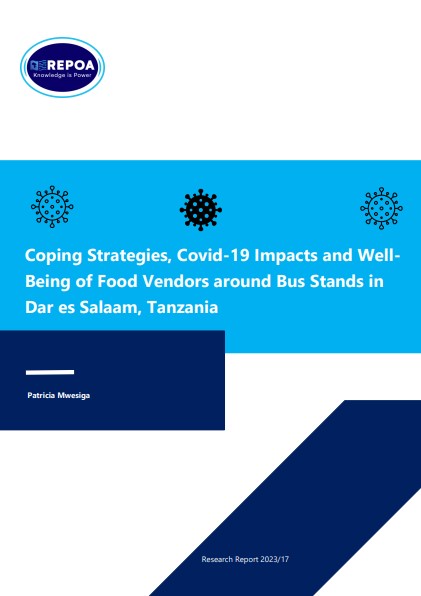
The study presents the various ways through which food vendors around major bus stands in Dar es Salaam cope with stresses resulted from COVID-19 transmission preventive guidelines. Specifically, the study identifies the adopted coping strategies, analyses the effects of the coping strategies opted on the well-being of food vendors. It also determines existing government efforts […]
A Map of Businesses and Enterprises in Zanzibar
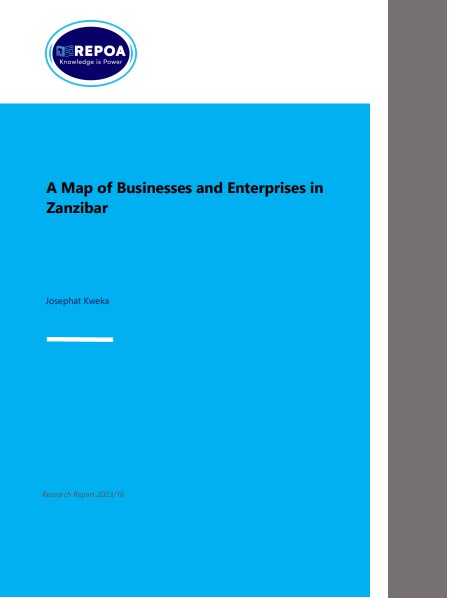
The study aims to provide input needed for policy analysis of key Government policies, strategies, and programmes which requires comprehensive data capturing over the entire productive sector of the economy, and for supporting continuous monitoring and evaluation of the dynamic economy. READ ON…!
Public Infrastructure, Private Capital Formation and Growth in Tanzania
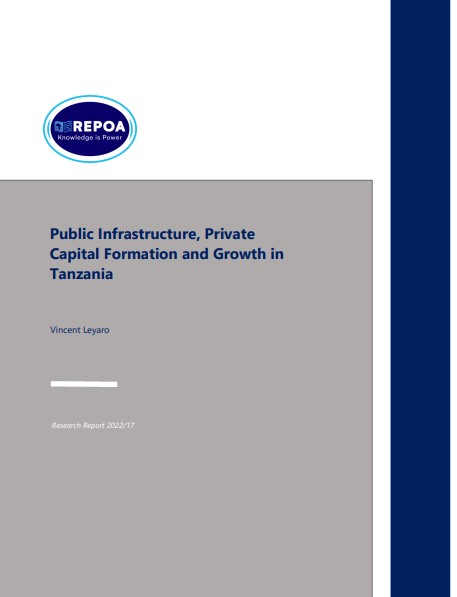
Using time series data over thirty years’ period (1990-2020) and applying vector autoregressive (VAR) model, this study investigates the impact of infrastructure investment and stock into private capital formation (investment), private capital stock and economic growth in Tanzania. The descriptive statistics shows that, on average, total government expenditure is three times larger than capital expenditure, […]
REPOA’s Annual Report 2023
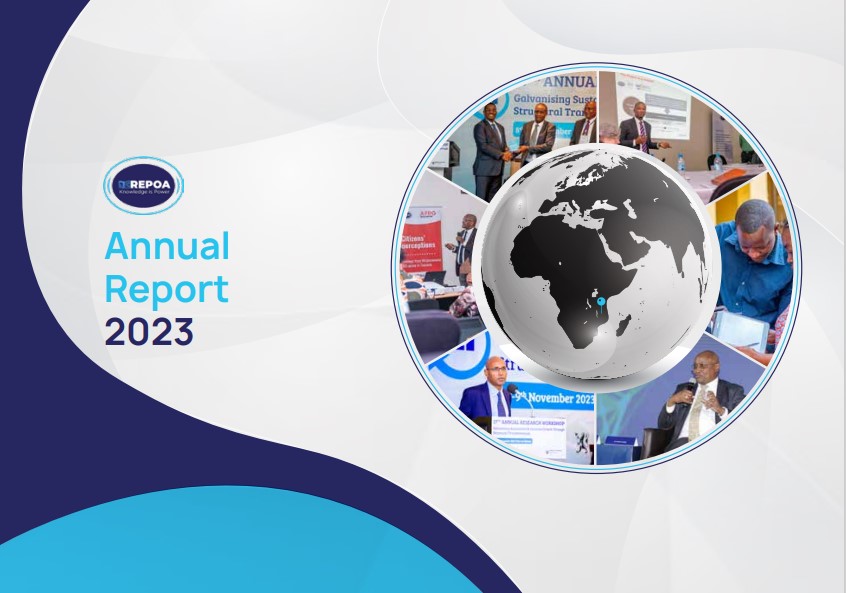
Dear esteemed stakeholders, we are thrilled to present to you our Annual Report for 2023. Year 2023 marked the fourth year of implementation of our fifth strategic plan 2020-2024, seeking to inform and promote development policy agenda for further and accelerated socio-economic transformation and inclusive development.We wish to thank all those who contributed directly or […]
Resource Mobilisation for Financing National Development: A Space for Innovative Financing Instruments
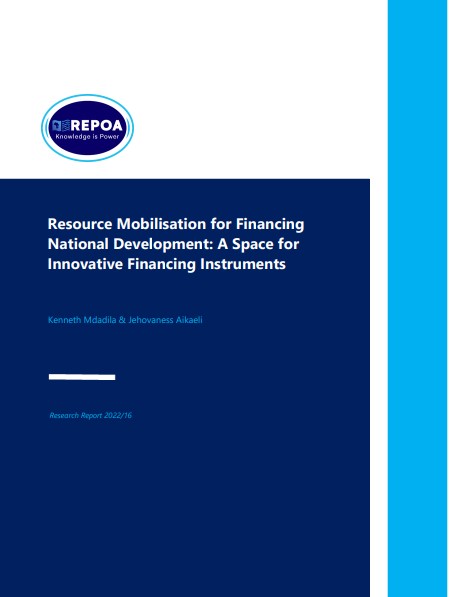
The study analyses how innovative financial instruments can be incorporated into resources mobilisation strategies to finance national development in line with enhancement of effectiveness and efficiency in Public Finance Management in Tanzania. The fundamental question is what is the space for innovative financing instruments in financing development in Tanzania? Innovative finance refers to any financing […]